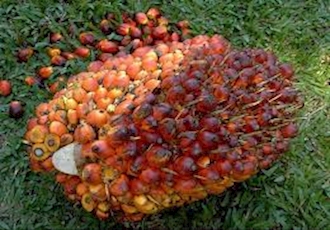In Kenya, An Entrepreneur Is Using Biodiesel To Fight Climate Change
By Sanjoy Sanyal, World Resources Institute
The story began in 1935, when Taher Zavery’s grandfather emigrated to Kitui, Kenya, all the way from Gujarat, India, to set up a cotton ginning factory. There was no trace of electricity in the region at that time, and today, power is still unreliable, so the entire plant runs on diesel.
The oil price peak led to the first move
Taher Zavery’s company, Kitui Industries, started experimenting with biodiesel in 2008, when oil prices were peaking. This alternative fuel produced from vegetable oil is obtained from crushing cotton seed, and can replace conventional diesel. A first batch of biodiesel was manufactured and sent to the Kenya Bureau of Standards for testing, but was actually sent to be tested in a South African laboratory as Kenya did not have the requisite testing facilities. The first results were very encouraging: the calorific value of the biodiesel was just slightly less per unit when compared to conventional diesel.
Mr. Zavery then set up a small biodiesel plant that he obtained from the UK. Later on, and as they set up a bigger plant, he and his plant engineer embarked on the path of procuring components from China and India while doing the engineering design for a larger plant for themselves.
Biodiesel is perishable: it cannot be stored for more than 90 days as algae starts growing, but thanks to Mr. Zavery’s emphasis on engineering, his entire plant has already been running using the alternative fuel for the last seven years. The assured supply of feedstock — the waste material that is used as the input in the biodiesel manufacturing process, in this case cottonseed — is critical. The factory now works with 7,000 contract local farmers who sell him the cotton for his ginning factory.
The method is quite simple: the cottonseed is crushed and the vegetable oil stored in 10,000 liter tanks. The machines in the ginning factory did not need any modification with the switch to biodiesel, and the company now also runs a fleet of trucks using the same biodiesel.
Source: The Beam







